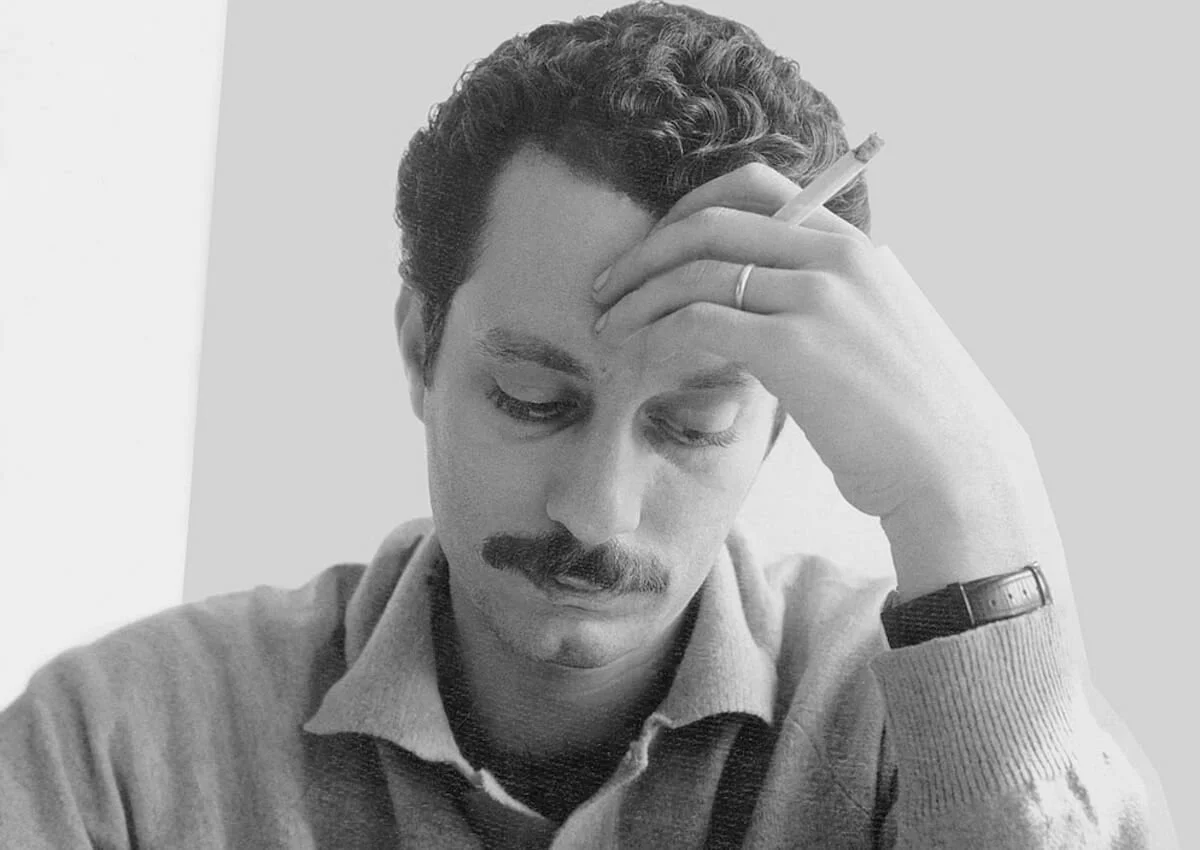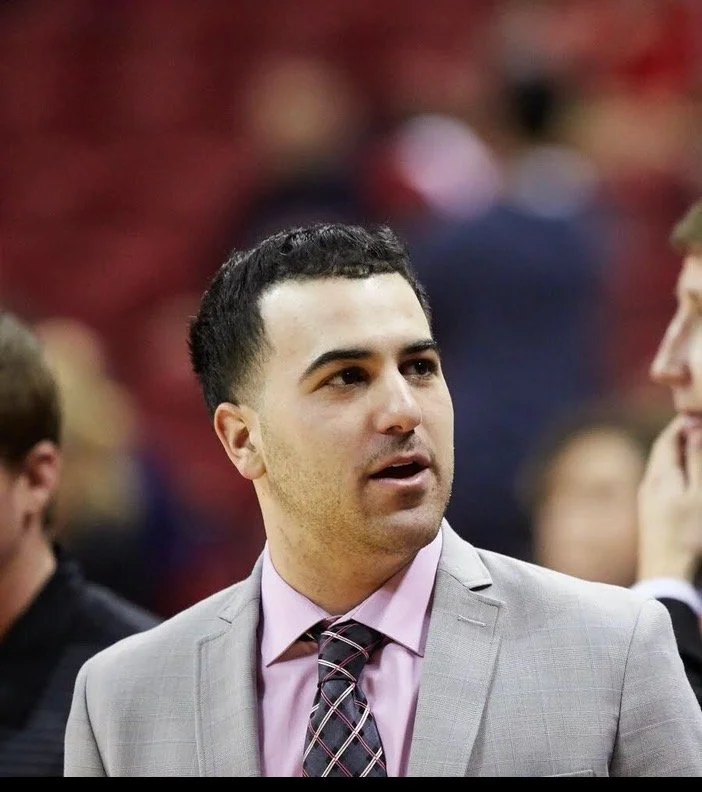Writing is Not Enough
Liberal cooptation of radical insurgency is as insidious as it is pervasive. A veritable explosion of liberty, equity and inclusion rhetoric has been the official institutional “compromise” to calls for defunding and abolition of police (who have also been funded even more by the party that is the so-called “better of two evils.”) Now, cultural outlets apparently only need to “pledge to do better” and occasionally engage in representation politics as a fig leaf for veritable material transformation.
After the 2021 uprisings in Sheikh Jarrah, Palestine briefly had its moment as well. To be clear, I’m not knocking gestures of radical solidarity and inclusion among co-strugglers in liberation. I’m simply speaking about a dynamic whereby institutions—well respected, well funded, and with plenty of cultural capital to boot—can utilize representation politics as a way of evading the need for material transformation and genuine ethical commitment to uplift the community.
But it’s not just the cultural institutions that are at issue.
I’m specifically concerned with beneficiaries and purveyors of this attitude, those who assume that being Palestinian and published is enough, who love to pose as so-called “radicals” on social media but can’t even be bothered to participate in the most basic gestures of support for the community they claim when it benefits them.
You don’t know individuals or their political commitments based on their social media presence. You get an inside glimpse into who people really are when the cameras are off and there’s no way to commodify an interaction, no byline to boost their ego and reputation.
Allow me to stop speaking in generalities now.
I am, as some know, a Palestinian writer. One of my primary mediums is journalism. But I also engage poetry and fiction, including genre fiction. One can already feel out of place enough being a genre fiction writer. Then throw on the constant struggle against erasure and invalidation that is being Palestinian, and it becomes clear how embodying such a positionality would make one feel even more alone, more strange, and more bizarre.
So, naturally, when one feels this way, one looks for support from others who do the things you dream of doing. Another Palestinian! Perhaps, you think, this isn’t such a silly dream after all.
I recently contacted a Palestinian genre fiction writer to ask one question: when would the magazine this writer edits for open again for submissions? I also mentioned I had a Palestinian horror story I was hoping to pitch.
This magazine—to be fair, in large part through the work of this writer and their colleagues—became more receptive to Palestinian genre fiction. So the questions were innocuous, but important; markets are limited. Furthermore, when outlets cater to “diverse” voices, a strange reverse phenomenon occurs whereby the very presence of these receptive outlets becomes the excuse not to cultivate more.
Markets stay limited.
Hence, I thought that mentioning the specific type of story I had in mind would make it clear that I was making an inquiry based on a subgenre of fiction for which there is an increasing, and yet still small, market. Editors often have experience in different types of publications that writers still starting out in particular mediums don’t, and so their guidance can be invaluable as it can help to demystify the standards, conventions, and opportunities within particular publishing venues.
At the same time, nowhere in my exchange did I ask for preferential treatment. I did not ask if the writer would read my story, and certainly didn’t attach it.
But lo and behold,this writer responded that, while they always welcome the opportunity to support Palestinian and Arab writers, reaching out to them to ask a question about reopening was sidestepping the editorial process in an unwelcome manner.
The writer is certainly entitled to their own opinions, but I found this confusing, and not a little bit demoralizing. Apparently, asking for basic clarification about when a supposedly sympathetic outlet will open again is seeking shortcuts to the editorial process.
It seems difficult to reconcile this supposed eagerness to help and support Palestinian and Arab writers with the defensiveness and shaming around asking simply for basic clarification. I also couldn’t help but feel a depressing convergence with a related phenomenon by which academics from conventionally marginalized backgrounds attain privileged positions and promote their own success as “community empowerment” or even “resistance,” even as their practice remains just as self-interested and unaccountable to marginalized communities (theirs or otherwise) as the white colleagues they may excoriate when attacking “institutional white supremacy.” They will proudly boast of their background to play up their clout when convenient, yet such figures often reserve their most iron-like austerity for members of their own so-called “community” in a neoliberal multiculturalist repurposing of the racial capitalist US “bootstraps” mentality because, as the logic goes, “no one deserves special treatment. After all, I made it all on my own.” (As though the partial means of this success wasn’t cynically claiming accountability to a community only when it benefits the person in question.)
These figures, whether academics or other cultural workers, typically equate any and all community work as irrelevant to them and their image unless it benefits them directly. Giving talks is evidence of their “generosity,” and they often make it clear that they “don’t do charity” (i.e., any uncompensated, behind the scenes community support.) Gatekeeping remains the norm. And any attempt to seek support based on a perceived political and identity-based affinity is registered with suspicion and derision according to the false scarcity logic of cultural capitalism; after all, if others are supported, they case to be “the one,” the Palestinian to do XYZ, becoming instead a Palestinian out of at least several.
In retrospect, I suppose it was naive of me to assume that a shared identity and interest (however niche) would guarantee this person’s interest in supporting a newer writer, no matter how basic the inquiry. A friend put it well: “This person sounds very ‘professional,’ hence why they were insulted when you assumed their Palestinian ethos superseded their capitalist ones.”
Being a writer alone does not automatically entail community uplift. Being a Palestinian writer alone does not automatically entail community uplift.
Whatever “radical” position one claims on Twitter bio, your politics aren’t what you say, they’re what you do, especially to precarious and aspiring individuals you have the potential to help.
Your politics are what happens behind the scenes.
Being a Palestinian writer is not just about you. It’s not just about your “brand.” It has to mean helping other Palestinians. Thinking otherwise reflects the narcissistic individualism at the heart of the liberal idea that representation alone constitutes passable reform.
In keeping with the overall cooptation of radicalism that has become so in vogue, it’s become chic to hype up Ghassan Kanafani. He dedicated his life to supporting liberation, to collectively galvanizing and supporting the Palestinian people through resistance until victory.
Kanafani’s writing was not merely a detached product of individual genius, but the result of tireless work on behalf of the collective.
If you’re a Palestinian writer or academic who can’t be bothered to help others, you’re not even comparable to the tobacco-flavored spit in Kanafani’s mouth, let alone his icon or legacy.




